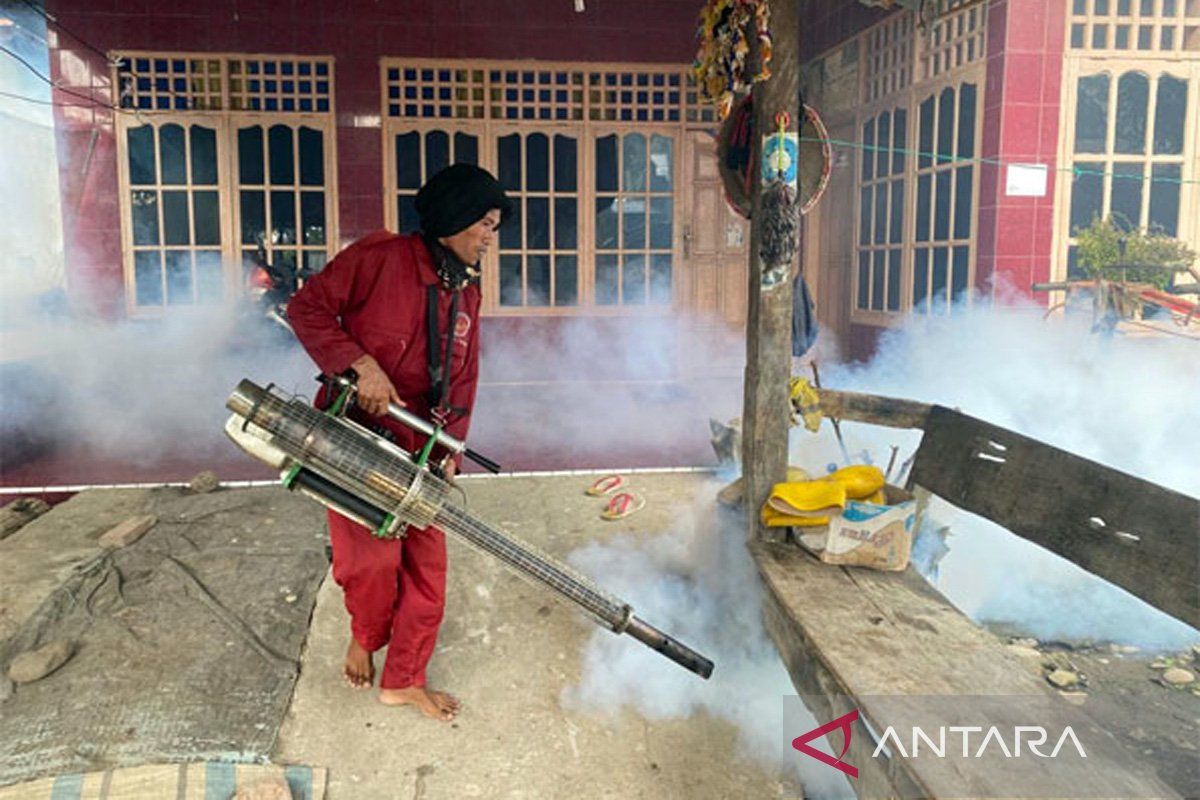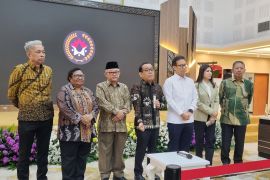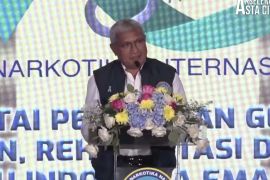During the Arbovirus Summit hosted online by the Health Ministry and Brazil's Health Ministry here on Monday, Sadikin stressed that education is the most important of all forms of protection, as it can prompt people to change their lifestyle for the better.
"During COVID, we realized the importance of using social media to educate our people. (Social media) can be a good thing or a bad thing," he remarked.
The minister stated that if education through social media is lacking, then people will be negatively influenced, thereby resulting in an anti-vaccination mindset and the spread of hoaxes.
According to Sadikin, the second area of focus is taking control measures, as was the case in East Nusa Tenggara and Timor-Leste, where dog-mediated rabies suppression steps had been taken. Another example he cited was the initiative to release mosquitoes with Wolbachia, as was observed in Brazil.
The third step is to ensure strong surveillance, like the one pursued by GISAID. Sadikin stated that surveillance is akin to a good intelligence and radar system during war, which enables one to gauge the enemy's power.
He deemed public health lab structure as being necessary to pursue good surveillance, as it enables the screening of diseases.
With CDC and World Bank's assistance, he stated that Indonesia develops its own public health lab structure, spanning 514 cities and 38 provinces as well as six regional labs and two national labs structure.
"The fourth initiative is if there is a vaccine, then we have to develop the vaccine. Now, with the experiences gained from handling COVID, vaccines can be developed much faster using the latest technology," he noted.
In his remarks, Director General of the World Health Organization (WHO) Tedros Adhanom Ghebreyesus stated that the geographical range of arboviruses is expanding due to urbanization, climate change, and the rapid expansion of mosquito populations.
"In 2023, more than six million cases of dengue were reported globally and about three million cases have already been reported this year, even though the most intense transmission season is yet to begin in some areas," Ghebreyesus pointed out.
He noted that in 2022, the WHO had established the Global Arbovirus Initiative to support countries to strengthen preparedness, prevention, and control of arboviruses.
"One of the most pressing needs is to incorporate genomic surveillance into integrated arbovirus surveillance to monitor risk and accelerate response," the director general remarked.
Related news: MPR Speaker pushes vaccinations to check dengue spread
Related news: Dengue fever deaths in Indonesia up 179 percent
Reporter: Mecca Yumna Ning Prisie
Editor: Tia Mutiasari
Copyright © ANTARA 2024












